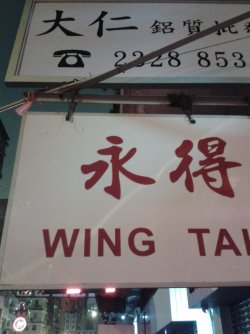Even though KPM and I are apparently speakers of the same dialect, i.e. Standard American English
Don't know about you, but KPM definitely has a non-SAE accent in the couple videos I've seen of him.
Not quite sure where to place it though, because it's slight, and may just be his squealy voice.

But at times, it's like it has a bit of a Southern twang or something. For example, he pronounces him like 'eem, which is definitely a Southern thing.
It's not terribly thick, but there's enough of an accent there. I guess that's why he pronounces cling and clean differently.
Do you pronounce cling with a long E or a short I? That is, like clean + g or clinch - ch + g?

